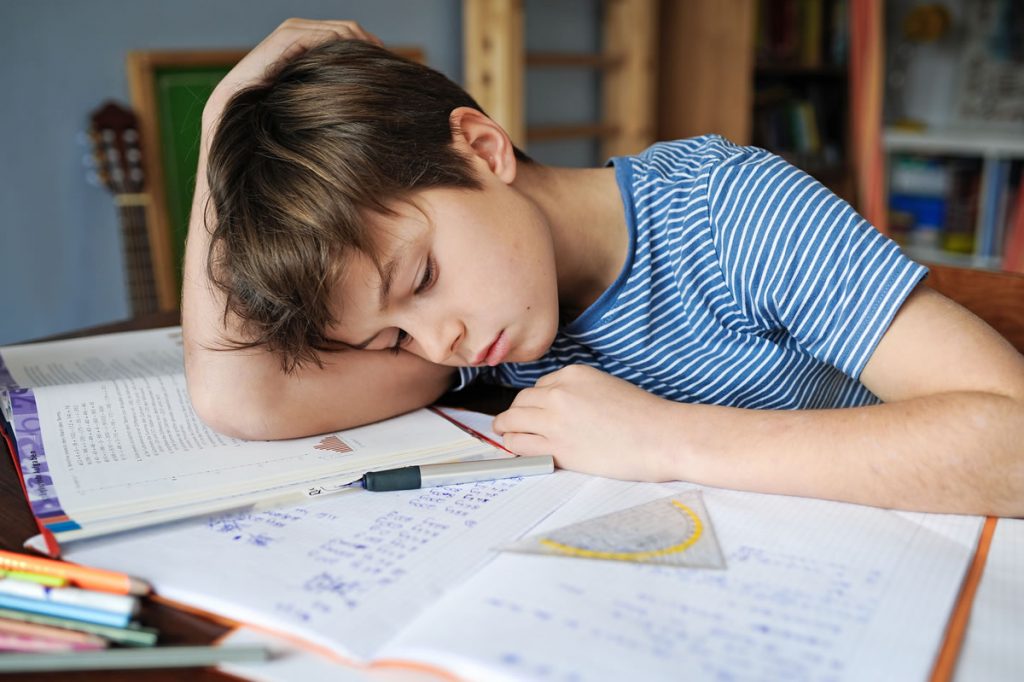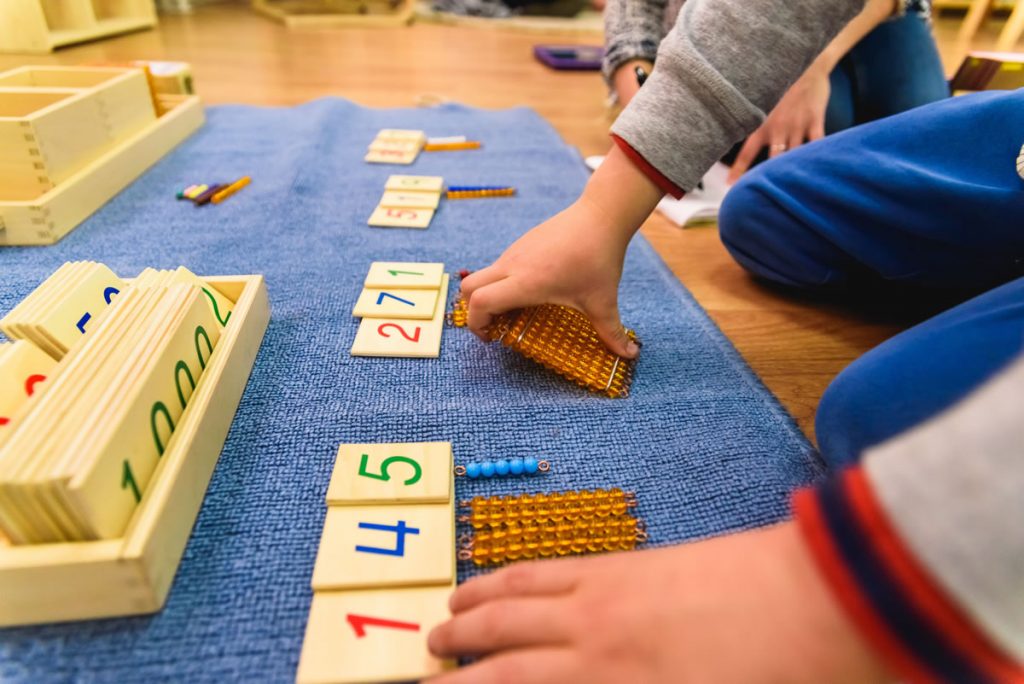Calculation problems are very common in the classroom, and many of them tend to respond to a difficulty that we call ” dyscalculia .” But, despite how strange the word may be, the truth is that this type of problem is very common in children, since calculation is a very abstract and complex discipline , as is the learning of concepts.
In this sense, learning to calculate requires, first of all, a phase of numerical comprehension in which the child learns the numbers and distinguishes the 4 basic operations relating them to real everyday problems. Secondly, the child must be able to use his knowledge of calculation to interpret tables, graphs, maps and diagrams , completing with these types of exercises that approach and immersion in the world of mathematics so necessary for life.

When there are calculation problems, there may also be some deficiency in the basic knowledge of one of the two previous phases, directly related to the knowledge of numbers. In this type of case, we must look for resources that serve to tackle these complications and, above all, so that children do not end up becoming fearful or apathetic towards numbers.
In any case, it can be said that it is not always when a child has difficulties calculating certain operations there is an underlying problem, since other things, such as motivation, also play a very important role in the knowledge of any subject. When that lack of motivation occurs in the learning of numbers and their ways of calculating them, there will not necessarily be a major problem , and the complications can be solved simply with appropriate and attractive educational techniques .
Strategies to help children with math problems
Next we will see what we can do to help children with real calculus (and not motivation) problems and make their way through the world of mathematics not difficult. Take note!
- Rule out motivation problems
The first thing we can do to help children with math problems is to start by ruling out motivational problems in learning the subject . Some children are motivated by sports issues, others by children’s movies… there are also those who love to talk about food or those who are very attracted to technology. So, as each child is a world, it is important that the mathematical problems and operations refer, for example, to different topics of interest to them.
- Exercising outside the classroom
Relate the numbers with activities outside the classroom helps children to have a better visualization of mathematical problems and their application in real life. Activities such as measuring the height of plants, measuring distances in the schoolyard, pouring liquids into glasses to come up with ideas of liters or containers, shopping … are activities outside the classroom that help a lot to later solve math problems in the classroom of classes.
- Games that allow you to memorize numbers
The game is an exercise that gives a greater mental ability to calculate. Also, thanks to games , children do not feel like they are studying and love to have mental challenges in areas they like. Those who love sports can mentally keep the scores of their favorite games, those who want to be youtubers memorize the subscribers of their most viewed channels, those who prefer video games learn to keep accounts very quickly related to their games … That is why having all this in account can be a good way and a good strategy for the little ones to do mental exercises without realizing it.

- Apply cognitive strategies
Cognitive strategies are also related to speeding up mental calculation thanks to the sensory stimulus that can activate learning with some cognitive technique. For example, songs or rhymes facilitate the memory of numbers , videos or board games facilitate number associations, etc. Therefore, depending on the learning objective we seek, an auditory or visual technique will be used, to give a few examples.
As we can see, there are various strategies that we can design to work on dyscalculia and other causes of calculation problems, thinking about the tastes of children and how to work on motivation while solving the various problems that exist. The more creativity we use and the more we get to know children, the more likely we are to get it right.
And you, have you already implemented a strategy to help children with calculation problems?











































































































